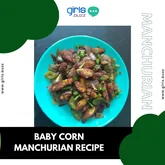11 Food Items that should be Avoided During Pregnancy
4 minuteRead

The joy and excitement of pregnancy go hand in hand with responsibility. This is the time when you have to be extra careful about what you eat. The reason is that everything you eat affects not just you, but also your baby. While there are some healthy food options you should eat while pregnant that are good for you and your baby, there are also some you should avoid. We'll talk about the food items you should avoid during pregnancy in this blog post.
P.S.: Always consult your gynaecologist before making any dietary changes.
1. Raw Sprouts
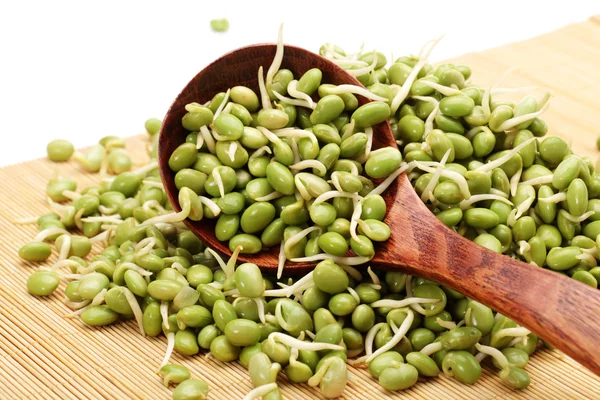
Raw sprouts such as alfalfa, clover, and radish can contain harmful bacteria such as E.coli and Salmonella, which can cause serious illnesses such as food poisoning. It is recommended to cook sprouts thoroughly before consuming them during pregnancy.
2. Unpasteurized Dairy Products
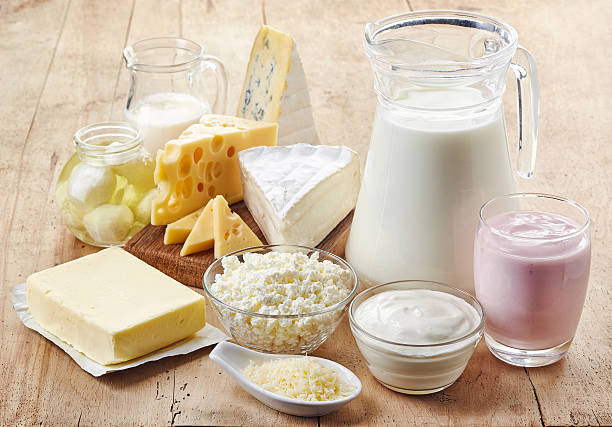
Unpasteurized dairy products such as raw milk, cheese, and yogurt can contain harmful bacteria such as Listeria, which can cause serious illnesses such as miscarriage and stillbirth. It is important to consume only pasteurized dairy products during pregnancy.
3. Ajinomoto (MSG)
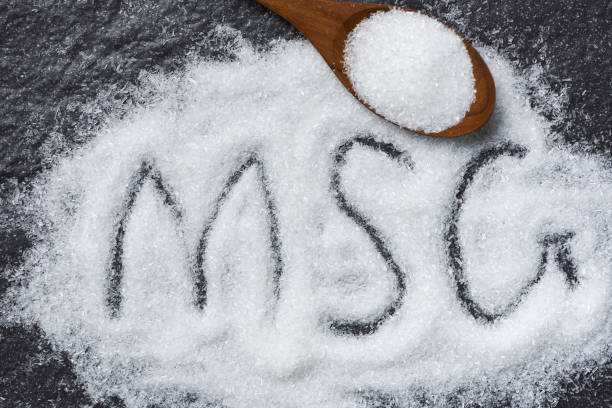
Ajinomoto, also known as MSG, is a flavor enhancer commonly used in Indian cuisine. However, it can cause headaches, nausea, and vomiting in some people. Pregnant women are advised to avoid consuming Ajinomoto during pregnancy.
4. Papaya
Papaya is a fruit that is commonly consumed in India, but it contains an enzyme called papain that can cause contractions in the uterus, leading to miscarriage. Therefore, it is recommended to avoid consuming papaya during pregnancy.
5. Pineapple
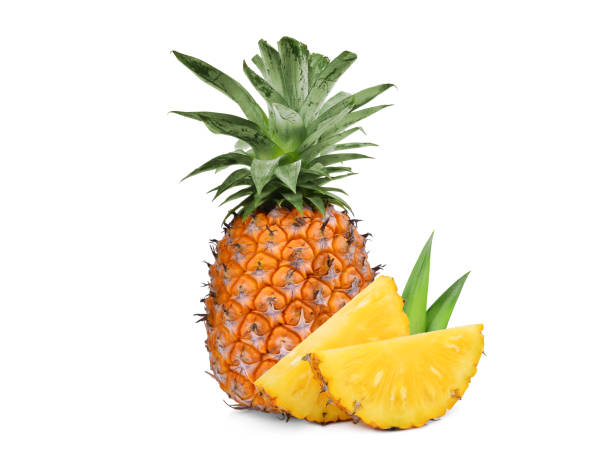
Pineapple is another fruit that contains an enzyme called bromelain, which can cause softening of the cervix and early labor. It is recommended to avoid consuming pineapple during pregnancy.
6. Sesame seeds and oil

Sesame seeds and oil are commonly used in Indian cuisine, but they contain a substance called oxalate, which can cause kidney stones. Pregnant women are at a higher risk of developing kidney stones, so it is recommended to limit the consumption of sesame seeds and oil during pregnancy.
7. Unripe mangoes
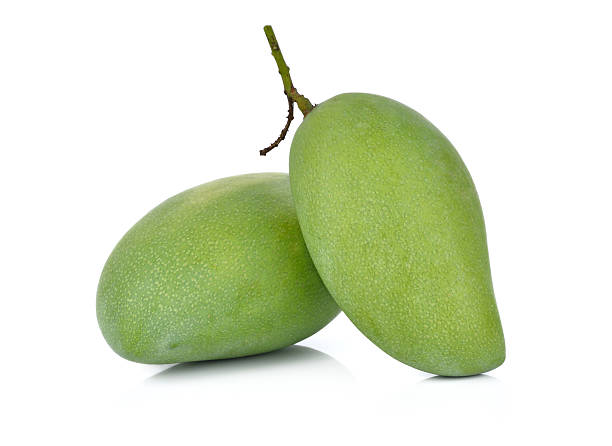
Unripe mangoes contain a high level of citric acid, which can cause acidity and heartburn in pregnant women. It is recommended to avoid consuming unripe mangoes during pregnancy.
8. Fennel seeds (Saunf)
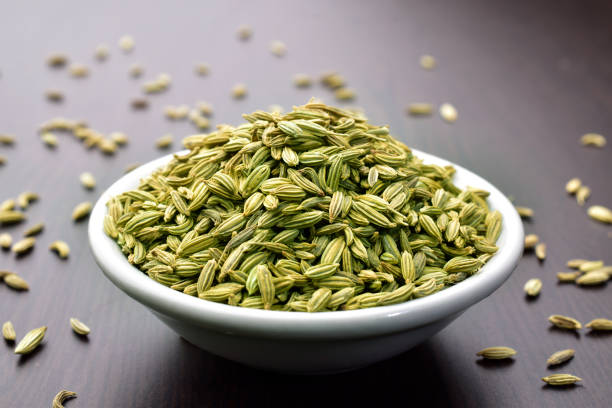
Fennel seeds are commonly used as a mouth freshener after meals, but they contain estrogen-like compounds that can cause hormonal imbalances during pregnancy. Pregnant women are advised to limit their consumption of fennel seeds during pregnancy.
9. Street Food
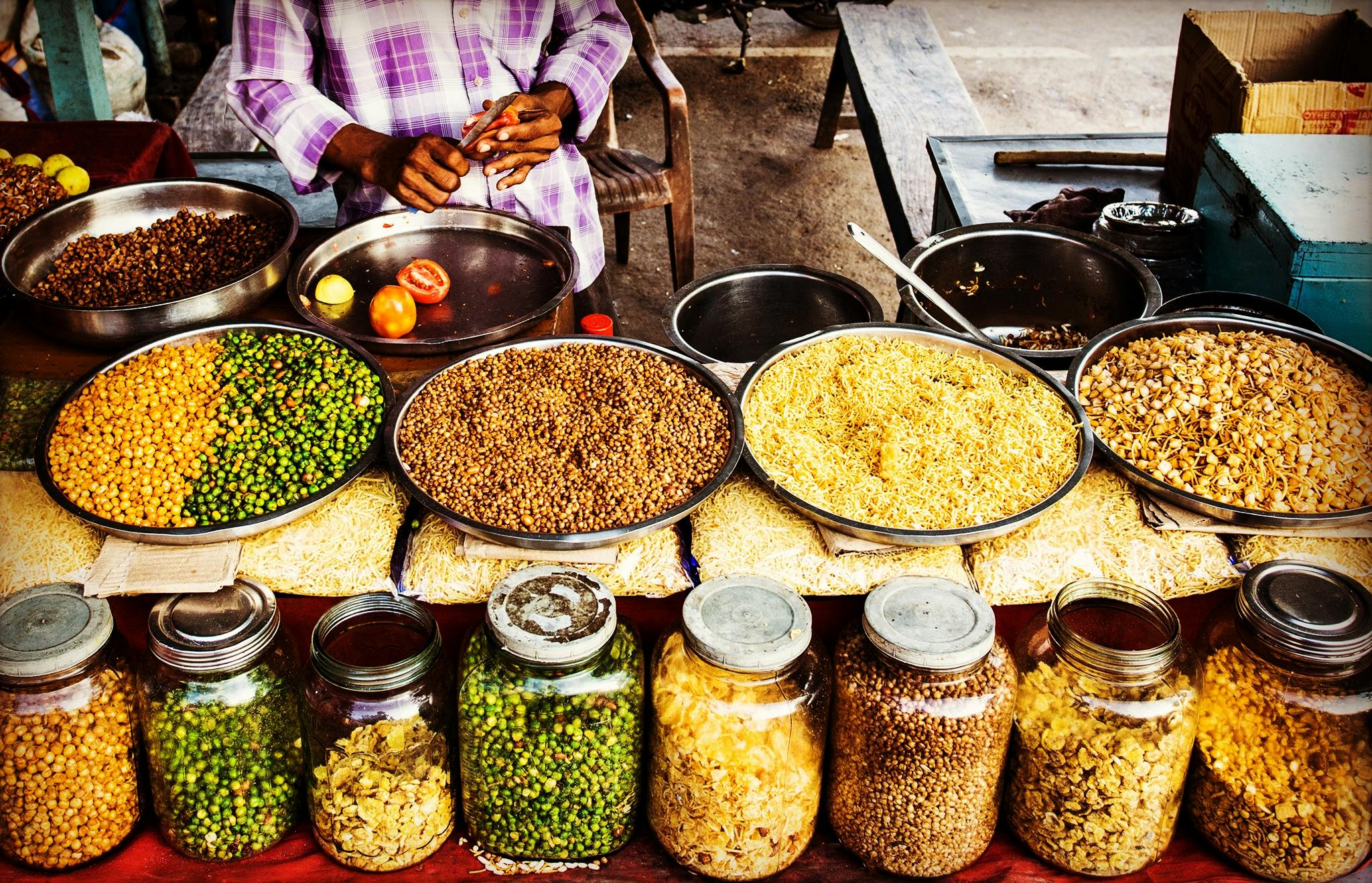
Street food is very much likely to be the craving for any pregnant woman, but it is often prepared in unhygienic conditions, which can lead to food poisoning. Pregnant women are advised to avoid consuming street food to minimize the risk of food poisoning.
10. Undercooked Eggs, Meat, & Fish
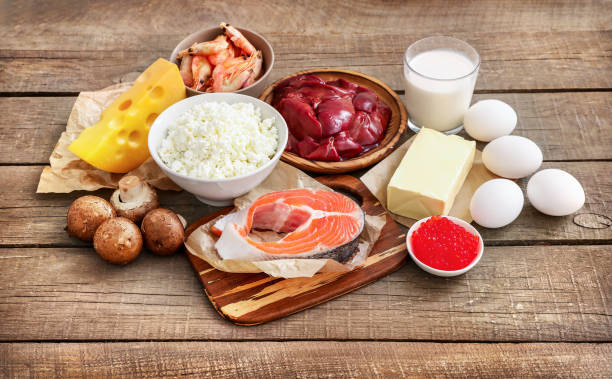
Undercooked meat can contain harmful bacteria such as E.coli, Salmonella, and Listeria, which can cause serious illnesses such as food poisoning, miscarriage, and stillbirth. It is essential to cook meat thoroughly and check that there is no pink or redness in the middle.
Undercooked eggs can contain salmonella, which can cause vomiting, fever, and stomach cramps. It is important to cook eggs until the yolk and white are firm to avoid any risk of salmonella infection.
Undercooked fish can contain high levels of mercury, which can harm the developing nervous system of the baby. Fish such as shark, swordfish, king mackerel, and tilefish should be avoided during pregnancy. It is recommended to eat fish that are low in mercury such as salmon, catfish, and canned light tuna.
11. Caffeine

Caffeine is a stimulant that can pass through the placenta to the baby, and high doses of caffeine have been linked to low birth weight and miscarriage. It is recommended to limit caffeine intake during pregnancy to less than 200mg per day, which is approximately one 12-ounce cup of coffee.
Conclusion
It is important to remember that every pregnancy is different, and it is always recommended to consult with your healthcare provider before making any dietary changes. Eating a healthy and balanced diet during pregnancy is essential for the health of both the mother and the baby.
Write, Record and Answer! Consume Unlimited Content! All you need to do is sign in and its absolutely free!
Continue with one click!!By signing up, you agree to our Terms and Conditions and Privacy Policy.










